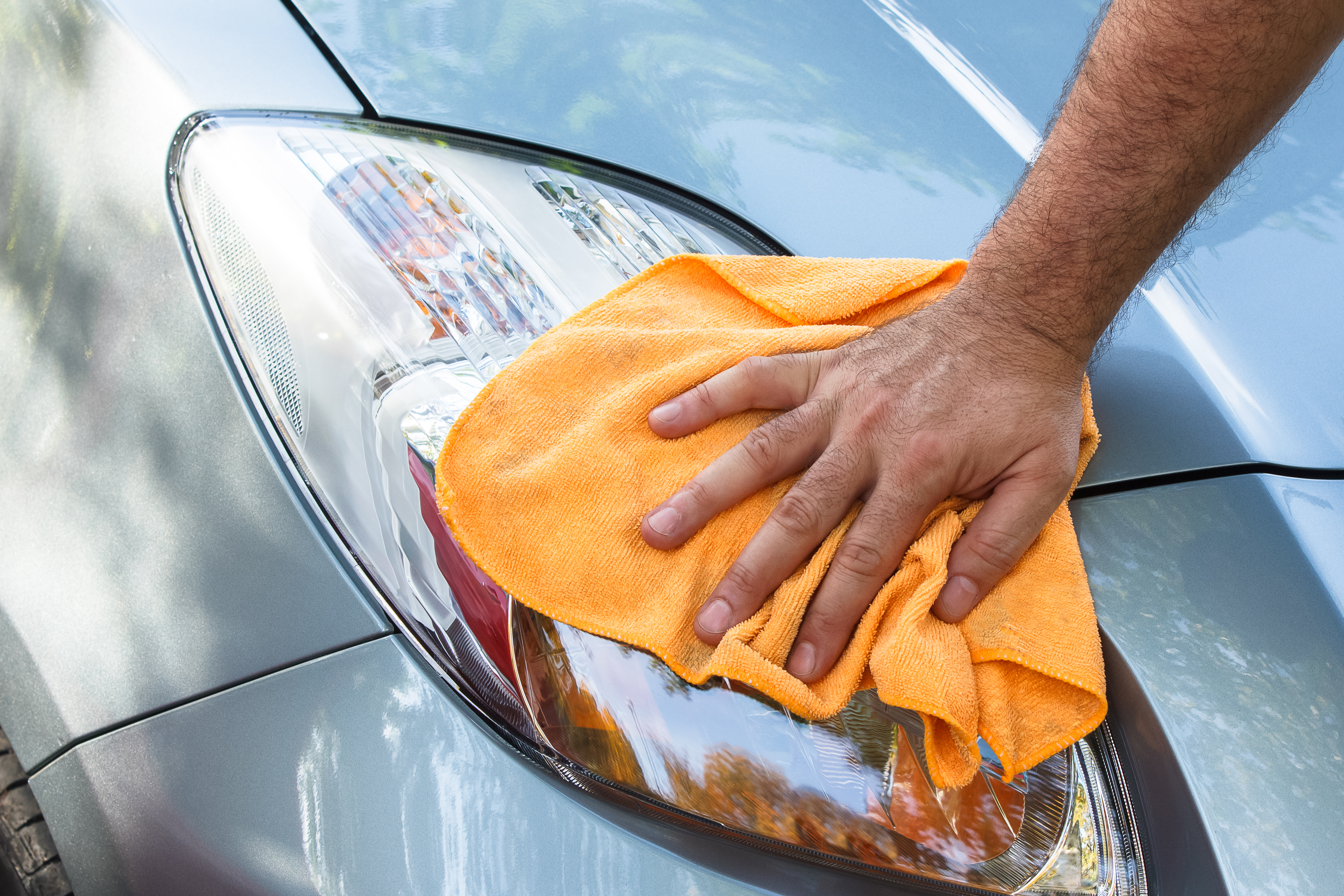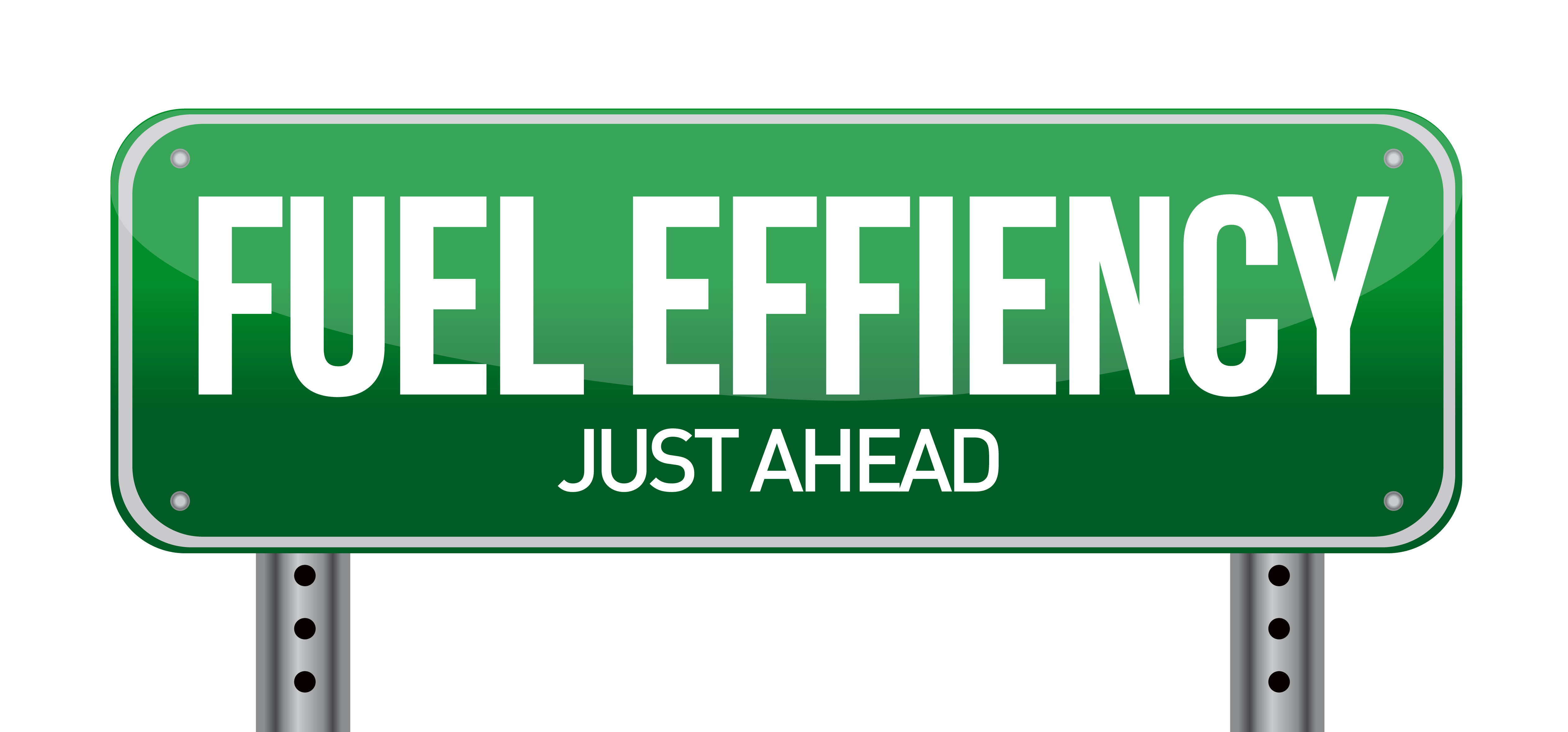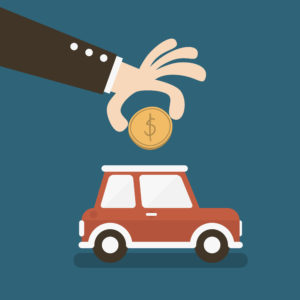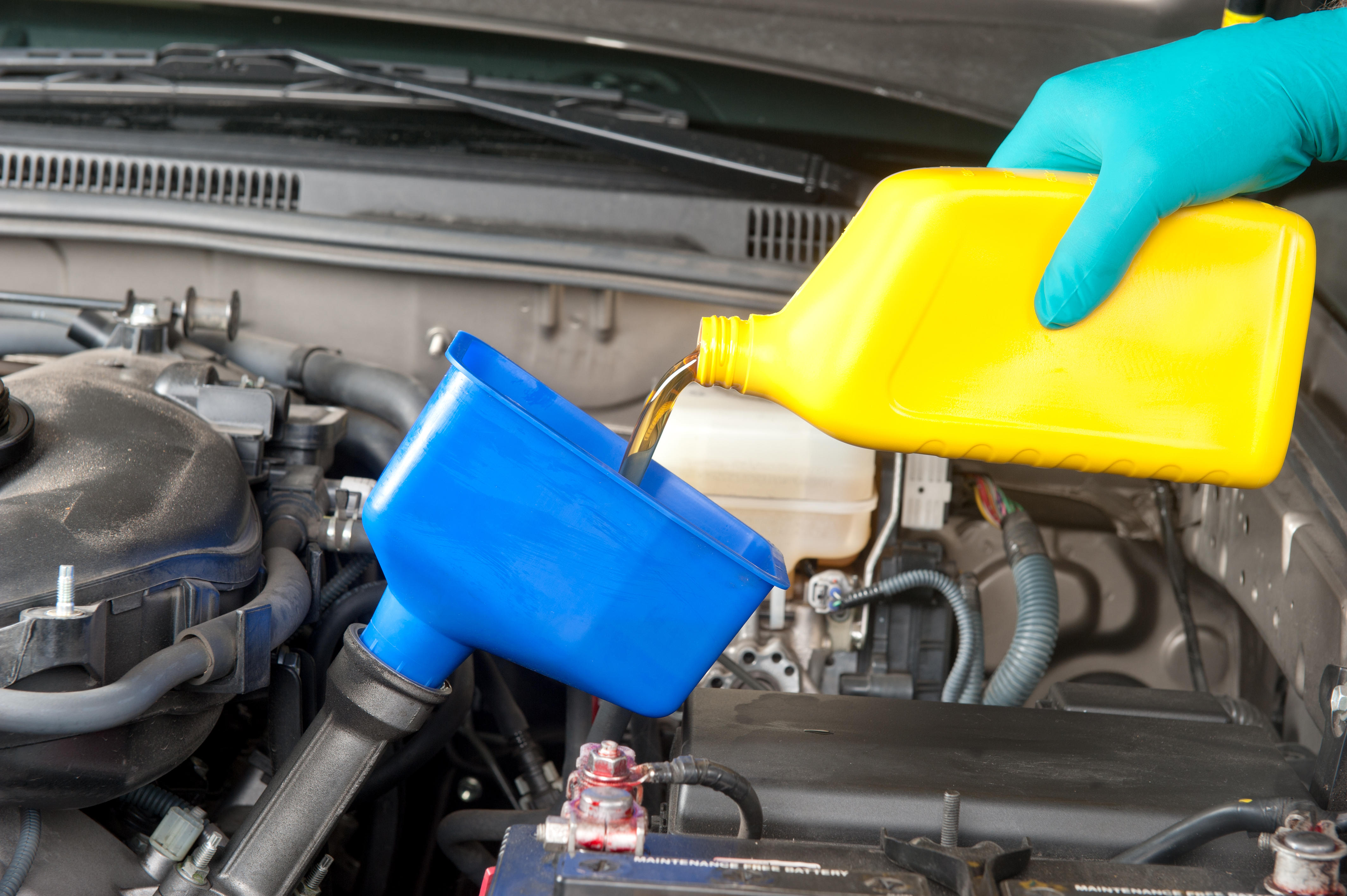4 Car Buying Mistakes: What to Avoid When Buying a Car

1. Lesser-known insurance carriers. As the saying goes, if it sounds too good to be true, it often is. As an insurance broker, I meet people who’ve had car insurance from a variety of different carriers. Often, these clients felt stuck. Either, the rate went up within 2-4 weeks, the staff was not available (especially after noon on Friday), or the carrier found a technicality to not pay a claim. (All carriers may do this to some degree, though many lesser known carriers are more likely to do so.)
2. Not having a used car looked at by and independent mechanic or not test driving it. We’re busy people. There have been instances where people either don’t take the time to test drive the vehicle (or do so for longer than 5 minutes or at expressway speeds) or have their mechanic look at the car. The combination of technology, car delivery services and things like Carfax have given us a false sense of security, leading us to the impression where the unbelievably priced and untested car is in tip-top condition. Take the time to test drive the car at in as many different conditions as possible. Even if it costs $50, having the car looked at by a reliable mechanic can help you avoid months or years of frustration.
3. Nobody likes homework. Just like with buying a car, refrigerator or similar, do some research. By this I am not only talking about makes, models, and colors. I am talking about considering how you will pay for the car. When was the last time you checked your credit score? Finding out your score is a 580 when you thought it was 675 is not something you want to learn at the dealer. You may even want to shop around a little at local banks. Don’t forget credit unions, State Farm Bank, and other reliable lenders as reflected on Bankrate.com. This way, you can be confident about the loan or lease terms that you may be offered. Yes, some leases are based on your credit and other factors. Further, your car insurance rates are based on what is known as a credit composite. (This
is sometimes referred to as an insurance risk composite.)
4. Other suggested research. Consumer Reports – which usually requires a subscription – offers lots of information about vehicle reliability and lifetime cost (consider going to your local library to review Consumer Reports Buying Guides.) They not only test drive new vehicles. They send vehicle owners detailed surveys about issues that have arisen, approximate costs for gas, oil changes and other maintenance, etc. Based on this they essentially recommend or don’t recommend that people buy certain cars. Some people will say it might make sense to avoid either buying brand new models or situations where a long-standing model had significant changes. For example, although a recall or maintenance issue could arise with any vehicle, it is more likely to occur with new models. This is due to different vendors, new technologies, or a different type of vehicle for the make. Also, consider that the Chevy Impala has been on the market
for decades. However, if this is the first year of an all-wheel drive version, a trim (version) with a different type of automatic transmission or with lots of additional
sensors, that could lead to more issues.
These are just 4 ideas to consider when buying a car.
Quick Money Savings Tip For Safe Drivers
There are dozens of auto insurers – Which one will give you the best rate?
Step 1) Choose your vehicle make below.
Step 2) On the next page, complete the 4 minute questionnaire, and you'll have the opportunity compare the best rates in your area.
Step 3) Keep more money and possibly save hundreds!










